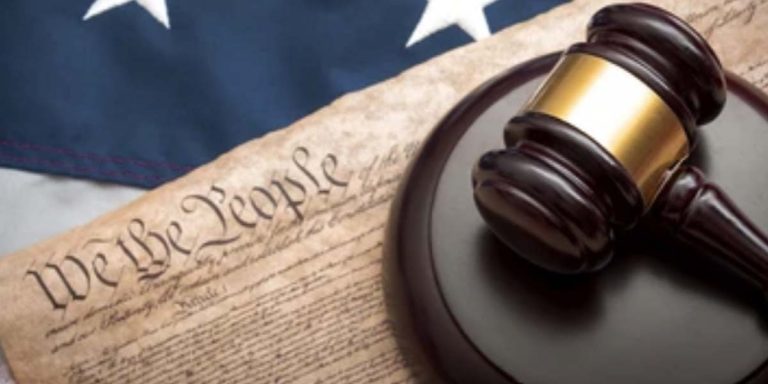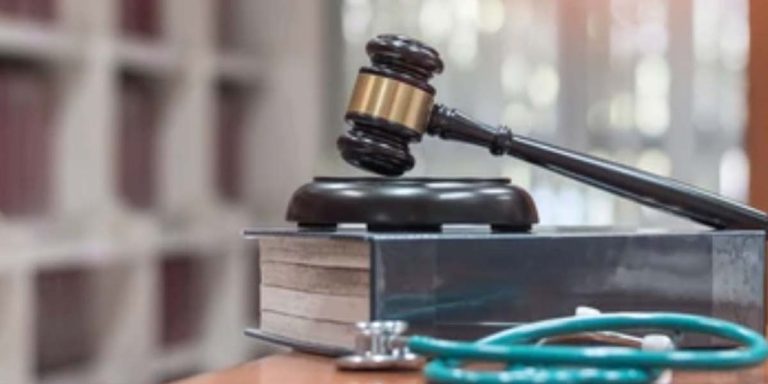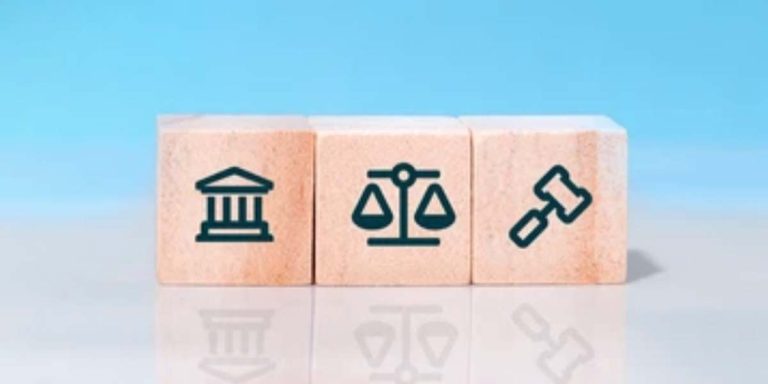
Probate attorney
Probate Attorney Near Me A probate attorney is an attorney whose most important responsibility is to represent their customers in matters. All are related to


Home » Estate Plan » Page 33

Probate Attorney Near Me A probate attorney is an attorney whose most important responsibility is to represent their customers in matters. All are related to

Immigration Lawyer Near Me Cheap immigration legal professionals are attorneys who specialize in the provision of criminal advice. There’s an illustration for those who desire

Estate Planning Attorney For You The property and have faith attorneys are supposed to provide guidance. Protection and recommendation to individuals and families with the

Probate NY Probate is a process in which a court docket oversees the distribution of property from a deceased person’s property to beneficiaries. One of

Estate Planning Lawyer Estate planning is a manner that targets to make sure that the people who inherit your assets will acquire them without any

Immigration Lawyer Near Me Immigration regulation is a complex area of regulation with a vast range of troubles and topics. While some human beings pick

Immigration Lawyer NY Immigration law is a subject that has been experiencing a lot of growth in the past few decades. Especially with the contemporary

Immigration Attorney Near Me Few immigration legal professionals have a stable appreciation of immigration laws and procedures. Immigration lawyers are also wanted to provide felony

Immigration Lawyer Near Me The United States of America is beautiful, with many possibilities for humans from all cultural, religious, and ethnic backgrounds. For many

Immigration Lawyer Near Me An immigration attorney is a lawyer or other expert who handles cases of immigration to a country. Immigration legal professionals commonly

Inheritance Attorney Near Me Inheritance attorneys work in many unique legal fields. They regularly specialize in wills and trusts and other estate law. Inheritance legal

Probate Litigation Lawyers Near Me Are you searching for a probate litigation attorney near you? A probate litigation attorney specializes in disputes surrounding the administration.

Probate Lawyers Near Me Are you looking for a probate attorney near you? Probate lawyers specialize in the prison manner of administering the estate of

Trust and Estate Lawyers Near Me Are you searching for an experienced faith and estate legal professional close to you? With the assistance of our

Estate Planning Attorney Near Me Estate planning is a manner that allows men and women to sketch ahead and evaluate their financial and emotional status.

Estate Planning Attorney Estate planning is a crucial manner that the authorities have set up for each and every citizen in the country. This includes

Will Attorneys As a worried and defensive parent, you may be thinking about what would appear to your adolescents if you died. The truth is

ESTATE PLANNING lawyer & LGBTQ Divorce ESTATE PLANNING lawyer helps LGBTQ couples who are often forced to achieve their personal criminal council from us. It

ESTATE PLANNING lawyer & Long-Term Insurance ESTATE PLANNING lawyer and long-term care insurance plan can be a crucial asset. A quintessential asset to have when

ESTATE PLANNING lawyer & Marital Agreements ESTATE PLANNING lawyers give contracts that are made through the partners in a marriage to alter the rights. Obligations

Trust Attorneys Near Me Trust attorneys can provide services for one-of-a-kind legal matters. They help persons and corporations in dealing with a range of legal

Tax Attorneys Near Me On Inheritances Many human beings are not sure of what inheritance tax is and why it’s a thing. It is a

Trust Attorney Near Me One of the most important components of a successful legal practice is building and maintaining trust with one’s clients. In order

Trust Attorneys Near Me Living Trusts A living trust is a file it’s been efficaciously used to transfer assets out of an individual’s estate. Also,

Trust Attorney Near Me Living Trusts These trusts are set up by using a character earlier than their death, which ability that they are created

Trust Attorney Near Me Disadvantages The importance of trust in the business world cannot be understated. It is crucial for both organizations and their clients

Trust Attorney Near Me & What Isn’t Affected We cannot place money, tangible assets, or real property in a trust. An asset is anything of

Drafting a Will & Have It Go Through Probate You may not know that if you don’t probate your will, it’s legally considered a last

Dying With No Will The bank account will be frozen if there is no will in the person’s name. The account holder’s next family members

Will Attorney Near Me Wills are legal documents that describe how an individual wants their estate to be distributed after they die. A will is
Ⓒ 2025 - All Rights Are Reserved | Privacy Policy | Estate Planning Attorney NYC | Sitemap